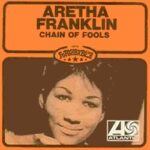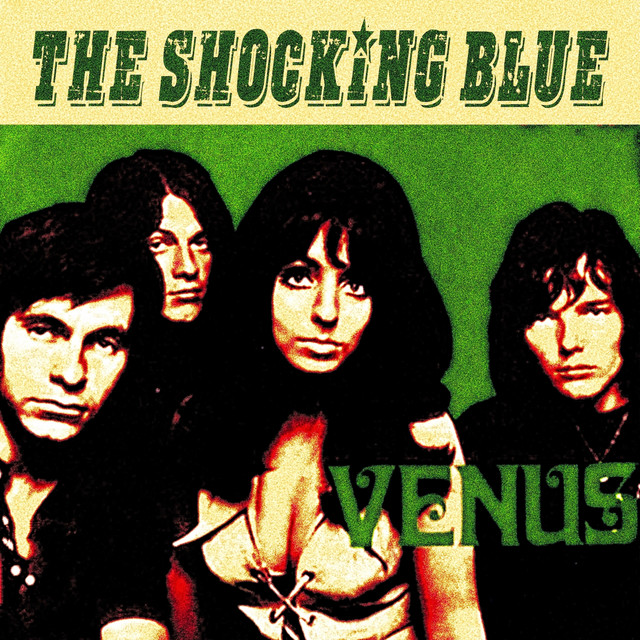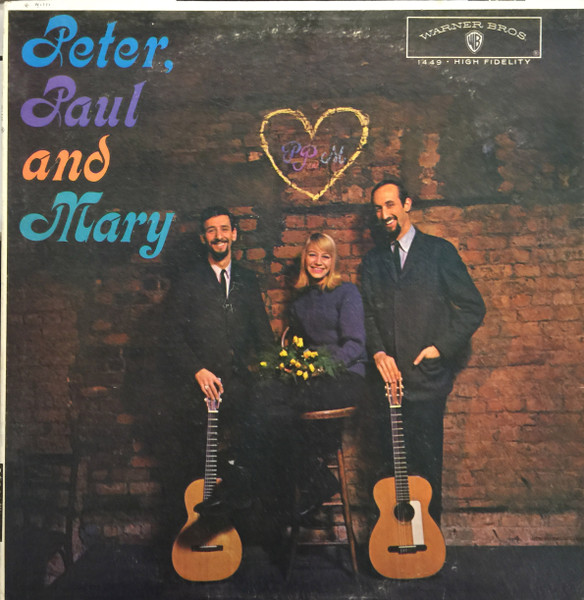 When Aretha Franklin released “Chain of Fools” in late 1967, she was already basking in the breakout success of “Respect” and “(You Make Me Feel Like) A Natural Woman.” But “Chain of Fools” hit differently. It was less a declaration of strength and more a cry of resignation wrapped in defiant rhythm. This was a song about betrayal, endurance, and ultimately liberation, crafted by a woman whose voice could summon gospel angels or bring down the walls of emotional restraint. “Chain of Fools” wasn’t just another hit — it was a revelation of soul, a blistering sermon with guitar licks and gospel fire, released at a time when America was in the throes of change, and so was pop music.
When Aretha Franklin released “Chain of Fools” in late 1967, she was already basking in the breakout success of “Respect” and “(You Make Me Feel Like) A Natural Woman.” But “Chain of Fools” hit differently. It was less a declaration of strength and more a cry of resignation wrapped in defiant rhythm. This was a song about betrayal, endurance, and ultimately liberation, crafted by a woman whose voice could summon gospel angels or bring down the walls of emotional restraint. “Chain of Fools” wasn’t just another hit — it was a revelation of soul, a blistering sermon with guitar licks and gospel fire, released at a time when America was in the throes of change, and so was pop music.
Originally written by Don Covay, “Chain of Fools” was intended to be a blues song for Otis Redding. But when Aretha got her hands on it, she transformed it into something utterly transcendent. There’s an immediacy to the track that makes it instantly memorable — the stinging guitar intro by Joe South, the syncopated rhythm, the call-and-response backing vocals by The Sweet Inspirations (featuring a young Cissy Houston), and above all, Aretha’s wounded yet resilient voice commanding every second of it. It was recorded at the legendary Muscle Shoals studio, a place where magic seemed to linger in the air — a Southern sanctuary where the groove was king and genre boundaries faded in the heat of the session.
What makes “Chain of Fools” so potent is its raw, emotional paradox. It’s a song of heartbreak that doesn’t sound broken. Aretha doesn’t beg or plead — she testifies. She knows she’s been wronged. “For five long years, I thought you were my man,” she sings in the opening line, and the listener is already hooked. The word “thought” is doing a lot of heavy lifting here; it’s the crux of the betrayal. She wasn’t his woman, and he was never her man — and she knows it now, with a voice sharpened by pain and pride. When she gets to the chorus — “Chain, chain, chain… chain of fools” — the delivery is part gospel chant, part blues lament, and entirely unforgettable. Each “chain” is spaced deliberately, like the sound of emotional shackles hitting the floor.
Franklin’s vocal performance on the track is a study in controlled intensity. She never lets her pain make her small; instead, it amplifies her presence. You can hear both the wound and the wisdom in her voice. She’s not naive anymore, and that transition — from hopeful to hardened, from fooled to furious — is written across every note she sings. There’s a tension in the track between the steady groove and her soaring vocals, a reminder that beneath the seemingly composed surface lies a storm of emotion threatening to erupt. And yet she never loses control. That’s what makes it Aretha.
“Chain of Fools” hit number one on the R&B chart and number two on the Billboard Hot 100, becoming one of her most iconic recordings. It won her the Grammy for Best Female R&B Vocal Performance in 1969 and was eventually inducted into the Grammy Hall of Fame. It’s easy to see why. The song works on every level — compositionally, vocally, thematically. It’s timeless and universal in its message. Who hasn’t been strung along in love, been one link in someone else’s manipulative chain? But what Aretha does — and what the song allows — is to reclaim that experience, to name it, to elevate it into art. It’s not just catharsis; it’s confrontation, liberation, and self-definition.
The arrangement is deceptively simple but layered with nuance. The opening guitar riff is one of the most iconic in soul history — sparse, stinging, and unmistakably Southern. It’s bluesy but restrained, letting Aretha breathe fire over it. The rhythm section keeps a steady, hypnotic beat, giving the track a kind of relentless march feel, as though these emotional chains keep dragging her forward even when she wants to stop. The backing vocals echo her thoughts like a Greek chorus, providing harmony and heartbreak in equal measure. Each element of the track supports the central idea without ever distracting from Aretha’s voice — and that’s the genius of it.
Thematically, “Chain of Fools” can be read in multiple ways. On the surface, it’s about romantic betrayal, but under that, it’s a commentary on manipulation, disempowerment, and the cycle of mistreatment that women — particularly Black women — often endured silently. Aretha wasn’t silent. This song is her refusal to suffer in silence. She names the chain, names the fool, and in doing so, breaks the cycle. There’s something powerfully feminist in that, even if it was never intended to be a manifesto. “Chain of Fools” gives voice to millions who’ve felt used, discarded, or lied to. It’s the sound of a soul waking up.
It’s also impossible to separate the song from its historical context. Released in the wake of the civil rights movement and amidst the rise of Black pride and empowerment, “Chain of Fools” can also be heard as an anthem of protest and awakening. While it wasn’t explicitly political, everything Aretha sang in that period carried the weight of history. Her voice had become a symbol of power, grace, and resistance. Even when singing about personal pain, she elevated it to the level of cultural consciousness. She sang for herself, yes, but she also sang for a people trying to break free from the long chain of systemic injustice. Her very existence as a chart-topping, unapologetically Black woman artist was an act of defiance.
And that’s what makes “Chain of Fools” so enduring. It’s not just about one woman’s heartbreak — it’s about everyone who’s ever been lied to, strung along, held down, or underestimated. And it’s about what happens when you find the strength to say, “No more.” The song may be steeped in sorrow, but it’s not defeated. It’s righteous. There’s no begging, no pleading. Just clarity. Cold, hard clarity. That’s the gospel according to Aretha.
The cultural legacy of “Chain of Fools” continues to reverberate through modern music. Countless artists have cited it as an influence, from soul singers like Alicia Keys to rockers like Bonnie Raitt. It has been covered, sampled, and referenced in everything from hip-hop to television shows to film soundtracks. But no version has ever come close to capturing what Aretha did with it. That’s because it’s not just the song — it’s the singer. She was the song. And once she made it hers, there was no taking it back.
The song’s inclusion in retrospectives and anthologies of the greatest music of the 20th century is both expected and necessary. It belongs in every conversation about soul music, feminism in popular culture, and the legacy of Black musical excellence. But more than that, “Chain of Fools” belongs to the people who live its truth every day. The people who’ve trusted too much, given too much, and finally said, “Enough.” That’s the power of this song. It turns pain into power, weakness into wisdom.
Aretha Franklin’s “Chain of Fools” is more than just a great soul record. It’s a masterclass in musical storytelling, emotional authenticity, and artistic control. It is sharp, unyielding, beautiful, and devastating all at once. It reminds us that sometimes the only way to break the chain is to name it. To sing it. To survive it.
When Aretha belts out that final “chain of fools,” it’s not just a lament. It’s a proclamation. She’s not part of the chain anymore — she’s the fire that melted it.


